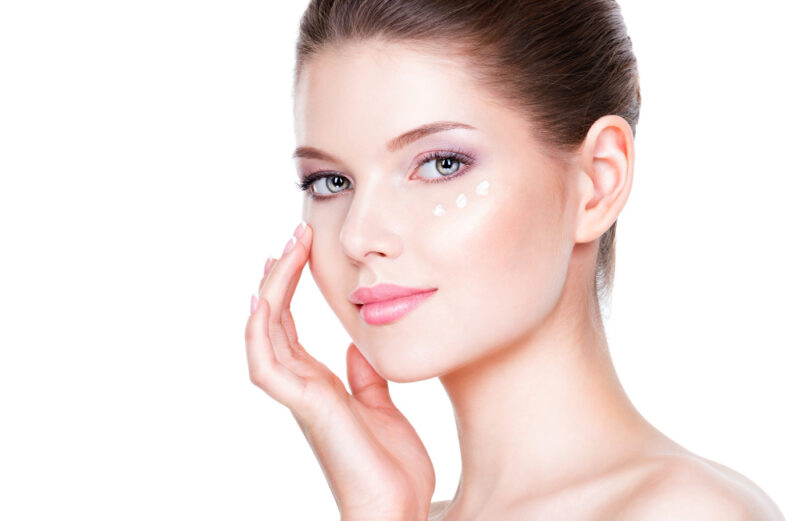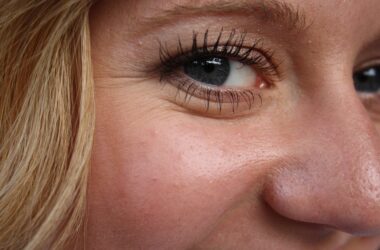Don’t Worry, We’ve Got You Covered: Expert Tips and Tricks for Oily Skin
Table of Contents
Understanding Oily Skin
Oily skin, also known as seborrhea, is a common skin condition characterized by an overproduction of sebum, an oily substance produced by the sebaceous glands in the skin. This excess oil can cause the skin to appear shiny, greasy, and clogged, leading to a range of problems including acne, blackheads, and whiteheads. Oily skin can affect anyone, regardless of age, gender, or ethnicity, but it is more common in teenagers and young adults.
Symptoms of Oily Skin
If you have oily skin, you may experience some or all of the following symptoms:
- A shiny or greasy appearance, especially on the forehead, nose, and chin
- Clogged pores and blackheads
- Acne, including whiteheads and pimples
- A sticky or tacky feeling on the skin
- Redness and inflammation
- Premature aging, such as fine lines and wrinkles
Causes of Oily Skin
There are several factors that can contribute to oily skin, including:
- Genetics: If your parents have oily skin, you may be more likely to develop it as well
- Hormonal changes: Fluctuations in hormone levels, such as those that occur during puberty, menstruation, or menopause, can cause an increase in sebum production
- Environmental factors: Exposure to pollution, humidity, and certain chemicals can stimulate the sebaceous glands and lead to oily skin
- Poor skin care habits: Using harsh products, exfoliating too frequently, or not removing makeup properly can all contribute to oily skin
- Diet: Consuming foods high in sugar, dairy, and processed ingredients can lead to inflammation and increase sebum production
Expert Tips for Managing Oily Skin
Don’t worry, we’ve got you covered! Here are some expert tips and tricks for managing oily skin:
- Cleanse your skin regularly: Use a gentle, non-comedogenic cleanser that is designed for oily skin. Look for products containing ingredients like salicylic acid, glycolic acid, or tea tree oil.
- Exfoliate wisely: Exfoliate 1-2 times a week to remove dead skin cells and unclog pores. Use a gentle exfoliating scrub or a chemical exfoliant containing alpha-hydroxy acids (AHAs) or beta-hydroxy acids (BHAs).
- Use a toner: Apply a toner containing witch hazel, tea tree oil, or rosewater to help balance the skin’s pH and reduce oil production.
- Apply a lightweight moisturizer: Yes, you read that right! Using a lightweight, oil-free moisturizer can help to lock in moisture and reduce the appearance of pores.
- Avoid heavy makeup: Heavy makeup can clog pores and exacerbate oily skin. Opt for lightweight, oil-free products and remove makeup thoroughly before bedtime.
- Eat a balanced diet: Focus on consuming whole, nutrient-rich foods like fruits, vegetables, whole grains, and lean proteins. Avoid processed and sugary foods that can lead to inflammation and increase sebum production.
- Stay hydrated: Drink plenty of water throughout the day to help flush toxins out of the body and keep your skin hydrated from the inside out.
Additional Tips and Tricks
Here are some additional tips and tricks for managing oily skin:
- Use a clay mask: Clay masks can help to absorb excess oil and purify the skin. Look for masks containing ingredients like kaolin or bentonite clay.
- Try a spot treatment: Apply a spot treatment containing salicylic acid or benzoyl peroxide to individual pimples or areas of congestion.
- Use a hair serum: If you have oily hair, use a lightweight hair serum to help control frizz and add shine.
- Avoid picking or squeezing pimples: Resist the temptation to pick or squeeze pimples, as this can lead to further inflammation, scarring, and prolonged healing times.
- Get enough sleep: Aim for 7-8 hours of sleep per night to help regulate hormones and reduce stress, both of which can contribute to oily skin.
Conclusion
Oily skin can be challenging to manage, but with the right products, techniques, and lifestyle changes, you can say goodbye to shine and hello to a clearer, more balanced complexion. Remember to be patient, as it may take some trial and error to find the right combination of products and techniques that work for you. With the right approach, you can achieve the healthy, glowing skin you deserve!
Recommended Products
-
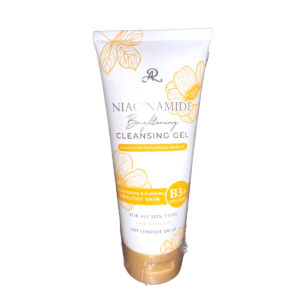 AR Niacinamide Brightening Cleansing Gel 190mlKD4.000
AR Niacinamide Brightening Cleansing Gel 190mlKD4.000 -
Product on sale
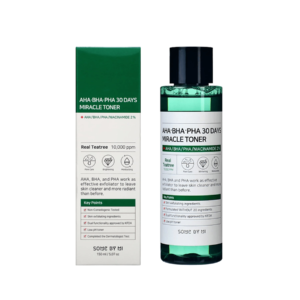 Some By Mi AHA BHA PHA 30 Days Miracle Toner – 150mlOriginal price was: KD9.490.KD8.000Current price is: KD8.000.
Some By Mi AHA BHA PHA 30 Days Miracle Toner – 150mlOriginal price was: KD9.490.KD8.000Current price is: KD8.000. -
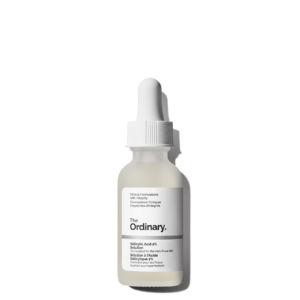 The Ordinary Salicylic Acid 2% Solution 30mLKD4.000
The Ordinary Salicylic Acid 2% Solution 30mLKD4.000 -
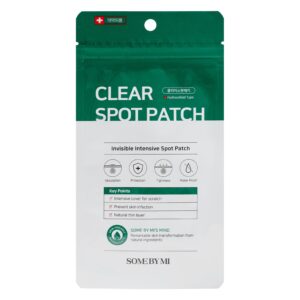 Some By Mi Clear Spot PatchKD4.000
Some By Mi Clear Spot PatchKD4.000 -
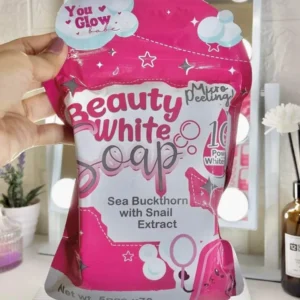 BEAUTY WHITE SOAP 5 Pcs x 70gKD5.000
BEAUTY WHITE SOAP 5 Pcs x 70gKD5.000 -
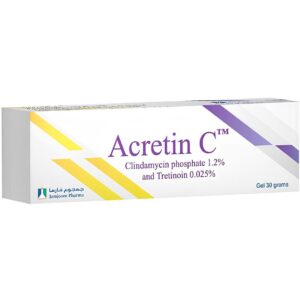 Acretin C 1.2%, 0.025% Gel 30 GmKD4.000
Acretin C 1.2%, 0.025% Gel 30 GmKD4.000 -
 Niacinamide Serum with Hyaluronic Acid by BMRS 30mL: Combat Blemishes and Boost HydrationKD3.000
Niacinamide Serum with Hyaluronic Acid by BMRS 30mL: Combat Blemishes and Boost HydrationKD3.000 -
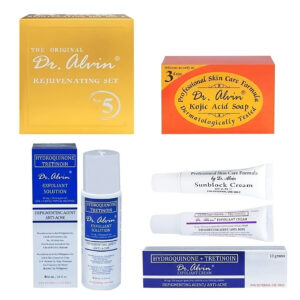 Dr. Alvin Rejuvenating Set No. 5 (Advance) – Hydroquinone + TretinoinKD7.000
Dr. Alvin Rejuvenating Set No. 5 (Advance) – Hydroquinone + TretinoinKD7.000 -
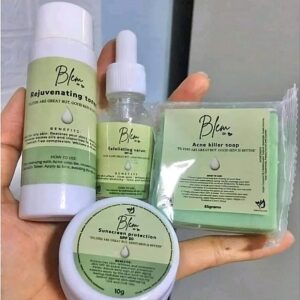 Rejuvenating Kit by Blem Dr.KD7.000
Rejuvenating Kit by Blem Dr.KD7.000

